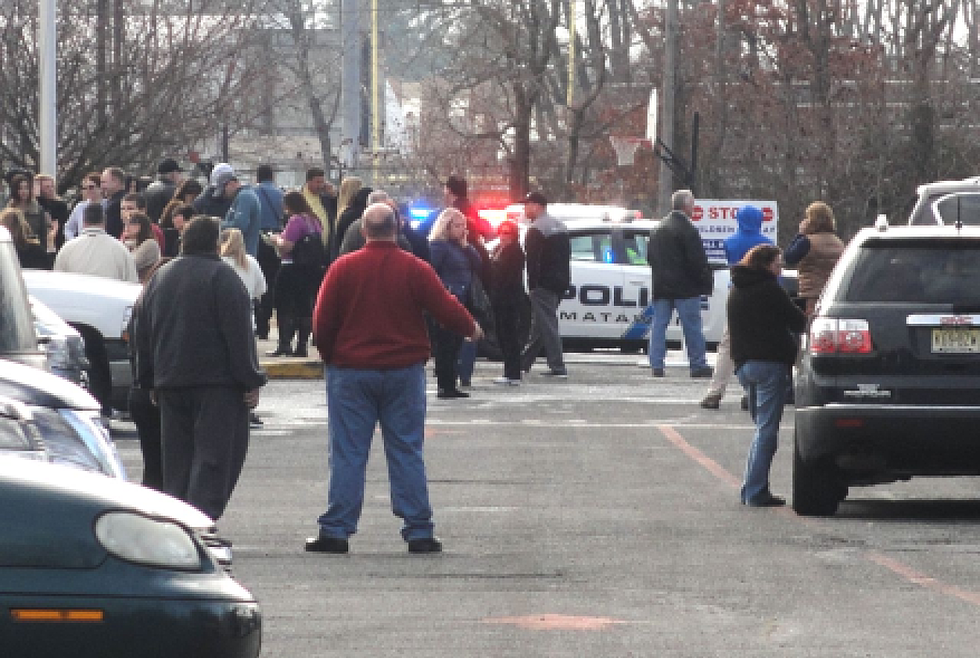
Cold Technology Brings New Warmth to Funeral Trade
Consolation and condolences traditionally bring a sense of balance to the highly-emotional day when family and friends bid final good-byes to a loved one. It's a cold experience. But new warmth is emerging from the unlikeliest spot - the circuit boards of high technology.
Internet capabilities have opened up a world of possibilities for businesses in general, for clerical expedience and customer convenience. But savvy funeral directors are taking it a step further, using the web as an added value to the services they supply.
David Hernandez, owner of Oceanside Memorial Home in Lake Como, is part of a vanguard of forward-thinking funeral directors who are harnessing the Internet to bind families splintered by distance and time.
"We're such a transient nation," he observed. "Very few people are born, raised and pass away in the same towns. You go off to college, you get married, you move away."
But webcasting services, he noted, places mourners as close as a desktop or laptop and allows the shared experience unprecedented reach. They can see the services, hear the eulogy, and become part of the extended family.
Most importantly, it's a restricted web cast, open only to those intending to view it.
"It's always amazing, every time we do this," Hernandez marveled. "The discussions and reunions that happen over a video screen are amazing." Kevin Orender, owner of Orender Family Home for Funeral in Wall Township, also offers webcasts to anywhere in the world.
Social media, said Hernandez, adds yet another dimension. "Obituaries were always such a big part of why people read newspapers," he says. "We publish an obit on our website and, before you know it, we have 30 or 40 'likes' or links to it. It goes viral so fast."
The result is a grieving family's ability to draw support from long-lost relatives, friends and acquaintances, even unexpected colleagues, who might not have been able to offer it for weeks, months or years, if at all.
For Orender, technology also presents opportunities to keep a face and voice present long after the person is gone.
DVDs are rapidly filling in the emotional gap that once was left by tattered photos and pocket-sized cards. Families who request them are given them free of charge.
Orender says that many families find it jolting at first to start wading through images at an early stage. But they soon discover that it's a way to ease the grief and begin healing.
"Each photo is a story," he mused. "To put it together in a format that they'll be able to keep forever goes toward their legacy."
Orender believes that the experience creates a bond that can only be rarely achieved without the technological touch. "It's a great feeling for them...and for me, who is being allowed into their lives for a while."
What's even more interesting, Orender related, are occasions when the DVD service broadens into warmer, more joyous terrain.
"Families come back to me later on and say, 'We were here for my uncle, but my grandparents have a 75th anniversary coming up. Can you make one of those for them? Absolutely!"
Both directors enthusiastically employ pads to streamline their documenting, contacting and visualizing for mourning families.
In addition to the "likes" that Hernandez is generating, Orender is wading into social media with a Facebook page dedicated specifically to the business.
Digital editing allows them to show families to see in advance, and to inform, how the back panel behind the casket will appear, offering a visual impression of the individuals career, hobbies or pastimes.
What could be next? Holograms? Thumb-drive keepsakes?
Like most of the new generation of morticians reshaping the industry, Hernandez and Orender both realize that they're in the vanguard of a new way of conducting a time-honored business, and vow to stay in the forefront as technology evolves.







